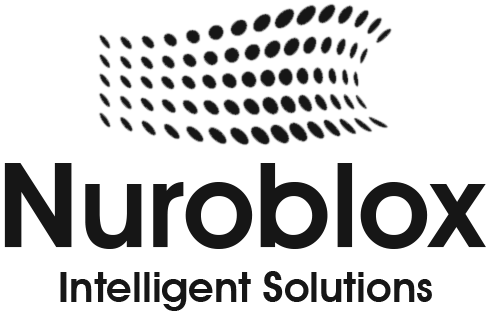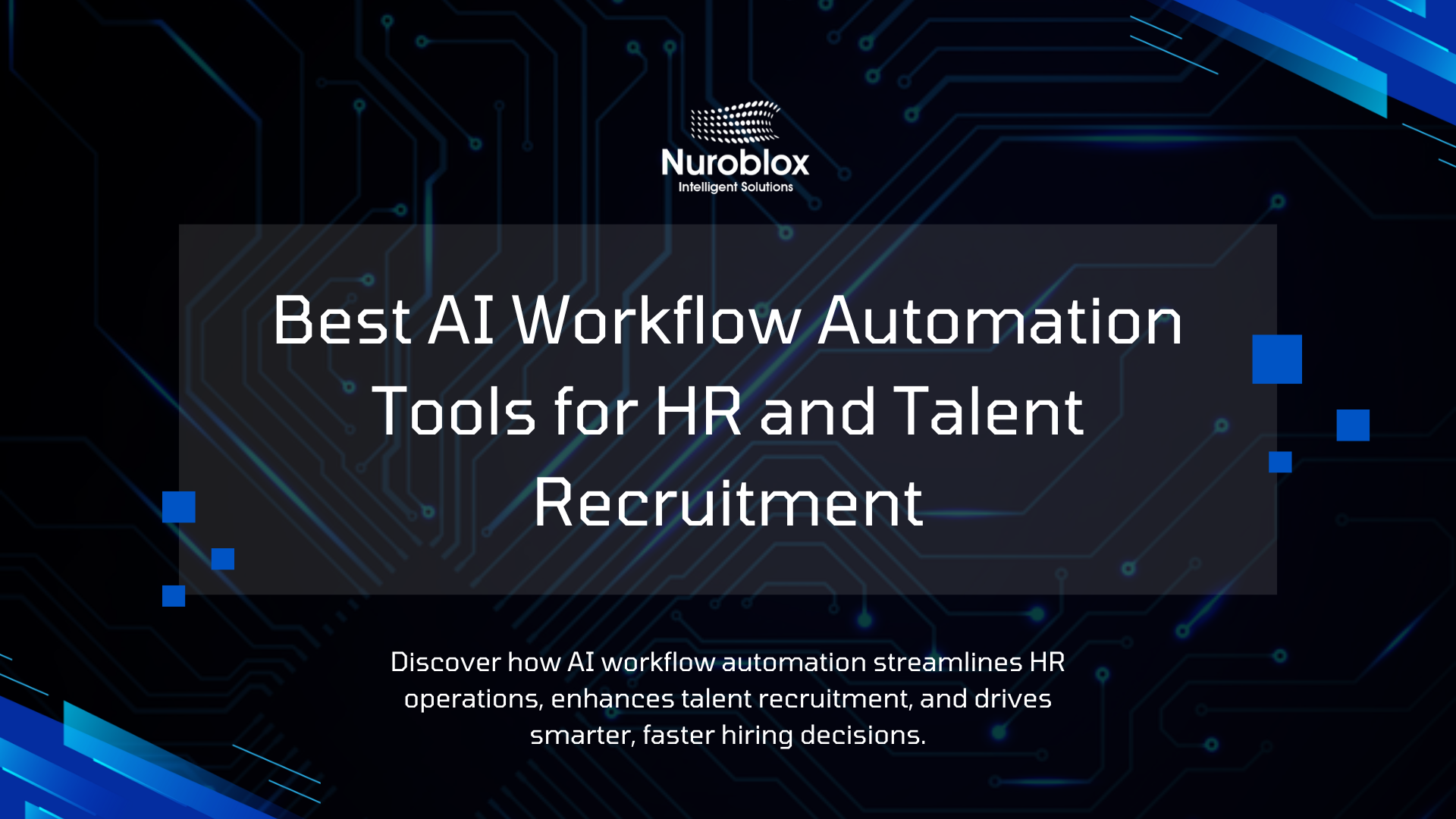Best AI Workflow Automation Tools for HR and Talent Recruitment
The modern HR landscape demands speed, precision, and data-driven decision-making that traditional recruitment methods simply cannot deliver. AI workflow automation tools for HR are revolutionizing how organizations attract, evaluate, and onboard talent by eliminating repetitive tasks, reducing bias, and accelerating time-to-hire. These intelligent platforms combine artificial intelligence with process automation to transform recruitment from a manual, time-consuming process into a streamlined, strategic function that drives competitive advantage.
Why HR Teams Need AI Workflow Automation
Overcoming Traditional Recruitment Challenges
HR departments face mounting pressure to fill positions faster while maintaining quality standards and managing limited resources. Manual resume screening, interview scheduling, and candidate communication consume valuable time that could be spent on strategic talent planning and relationship building. AI workflow automation addresses these pain points by handling repetitive administrative tasks with greater speed and consistency than humanly possible.
The Business Impact of Automated Recruitment
Organizations implementing AI recruitment automation software report up to 70% reduction in time-to-hire and significant improvements in candidate quality. By automating initial screening and qualification processes, HR teams can focus their expertise on high-value activities like candidate engagement and cultural fit assessment. The result is a more efficient hiring pipeline that scales with business growth without proportional increases in HR headcount.
Top AI Workflow Automation Tools for HR and Recruitment
Nuroblox AI Workflow Automation Platform
Nuroblox stands out as a comprehensive solution for HR workflow automation, offering intelligent process automation that goes beyond basic task execution. The platform integrates AI and machine learning to handle dynamic, data-driven recruitment processes from job posting to candidate onboarding. Nuroblox’s enterprise AI capabilities enable HR teams to automate resume parsing, candidate scoring, interview scheduling, and follow-up communications while maintaining personalization at scale.
Key features include customizable workflows that adapt to your organization’s specific hiring processes, seamless integration with existing HRIS and ATS systems, and robust data security that meets compliance standards. The platform’s low-code interface allows HR professionals to build and modify automation workflows without technical expertise, democratizing access to advanced AI capabilities.
HireVue
HireVue specializes in video interviewing and assessment automation, using AI to analyze candidate responses, facial expressions, and language patterns. The platform automates initial screening interviews, providing structured data that helps recruiters identify top candidates more objectively. HireVue’s predictive analytics compare candidates against successful employee profiles to forecast job performance and cultural fit.
Paradox (Olivia AI)
Paradox offers conversational AI through its assistant Olivia, which handles candidate communication via text and chat interfaces. The platform automates interview scheduling, answers frequently asked questions, and provides status updates to candidates 24/7. This constant availability improves candidate experience while freeing recruiters from administrative messaging tasks.
Workday Recruiting
Workday Recruiting combines applicant tracking with intelligent automation and analytics within a unified HCM platform. The system uses machine learning to recommend candidates, predict hiring needs, and optimize job descriptions based on historical data. Integration with Workday’s broader HR suite creates seamless employee data flow from recruitment through retirement.
Eightfold AI
Eightfold AI leverages deep learning to match candidates with opportunities based on skills, potential, and career trajectories rather than just keywords and job titles. The platform’s talent intelligence engine identifies internal mobility opportunities and predicts which candidates are most likely to accept offers and succeed long-term. This approach reduces bias and uncovers hidden talent that traditional screening methods might overlook.
Essential Features of HR Automation Platforms
Intelligent Resume Screening and Parsing
Advanced AI recruitment automation software can process thousands of resumes in minutes, extracting relevant information and scoring candidates against job requirements. Natural language processing enables these systems to understand context and identify transferable skills that might not match exact keyword searches. This capability dramatically reduces manual screening time while improving the quality of candidate shortlists.
Automated Interview Scheduling
Coordinating interview times across multiple stakeholders represents a significant administrative burden in recruitment. Intelligent scheduling tools integrate with calendars, propose optimal meeting times, send invitations, and handle rescheduling requests without human intervention. This automation eliminates back-and-forth email chains and ensures faster progression through the hiring pipeline.
Candidate Relationship Management
AI-powered recruitment tools maintain ongoing engagement with candidates through personalized communication sequences. Automated nurture campaigns keep passive candidates warm, provide application status updates, and deliver relevant content based on candidate interests and stage in the hiring process. This consistent communication improves candidate experience and employer brand perception.
Predictive Analytics and Reporting
Modern HR workflow automation platforms provide data-driven insights into recruitment effectiveness, bottlenecks, and optimization opportunities. Predictive models forecast hiring needs based on business growth, attrition patterns, and seasonal trends. Real-time dashboards track key metrics like source effectiveness, time-to-fill, and cost-per-hire, enabling continuous process improvement.
Implementing AI Workflow Automation in Your HR Function
Assessing Your Automation Readiness
Before selecting talent acquisition AI tools, evaluate your current recruitment processes to identify repetitive tasks, bottlenecks, and pain points suitable for automation. Conduct a workflow audit documenting each step from requisition approval through onboarding, noting time consumption and error rates. This baseline assessment helps prioritize automation opportunities and measure implementation success.
Choosing the Right Platform
Select an HR process automation solution that aligns with your organization’s size, complexity, and technical capabilities. Ensure the platform can grow with your business, supporting increased data volumes, users, and use cases as hiring needs evolve. Prioritize solutions offering seamless integration with your existing HRIS, ATS, and communication tools to avoid creating data silos.
Building Internal Buy-In
Successful automation implementation requires support from recruiters, hiring managers, and candidates who will interact with the new systems. Address concerns about job displacement by emphasizing how AI handles administrative tasks, allowing HR professionals to focus on strategic activities like relationship building and talent strategy. Provide hands-on training that demonstrates tangible benefits and builds confidence with new tools.
Starting with Pilot Programs
Begin your recruitment workflow optimization journey with small-scale pilots targeting specific pain points rather than attempting enterprise-wide transformation immediately. Test automated resume screening for high-volume positions or implement chatbot-based candidate communication for entry-level roles. Gather feedback, measure results, and refine processes before expanding automation to additional recruitment functions.

Data Quality and Integration
AI systems depend on clean, accurate, and unbiased data to produce reliable outcomes. Invest in data governance practices that ensure consistent candidate information across systems, remove duplicate records, and maintain data hygiene standards. Poor data quality leads to inaccurate candidate matching, biased screening, and missed opportunities that undermine automation benefits.
Continuous Optimization and Refinement
Treat automated hiring systems as evolving capabilities rather than set-and-forget solutions. Regularly review performance metrics, candidate feedback, and hiring outcomes to identify improvement opportunities. Adjust screening criteria, refine scoring algorithms, and update communication templates based on real-world results and changing business needs.
Balancing Automation with Human Touch
While AI excels at processing data and executing routine tasks, human judgment remains essential for relationship building, cultural assessment, and complex decision-making. Design workflows that leverage automation for efficiency while preserving meaningful human interactions at critical points in the candidate journey. This balanced approach delivers both operational efficiency and exceptional candidate experience.
Overcoming Common Implementation Challenges
Addressing Algorithmic Bias
AI-powered recruitment tools can perpetuate existing biases if trained on historical data reflecting past discrimination. Implement regular bias audits of your automation systems, diversify training datasets, and establish human oversight for AI-generated decisions. Transparency in how algorithms make screening and scoring decisions builds trust and enables continuous fairness improvements.
Managing Change Resistance
HR teams accustomed to traditional processes may resist adoption of intelligent talent recruitment technologies. Combat resistance through early involvement in tool selection, clear communication about benefits, and recognition of automation successes. Create champions within your HR organization who can demonstrate value and support colleagues through the transition.
Ensuring Compliance and Privacy
Recruitment automation must comply with employment laws, data protection regulations, and industry-specific requirements. Choose platforms with built-in compliance features, audit trails, and data security measures that meet your jurisdictional standards. Establish clear policies governing AI use in hiring decisions and maintain transparency with candidates about automated screening processes.
Transform Your Recruitment with AI Workflow Automation Tools for HR
The competitive talent landscape demands recruitment operations that combine speed, quality, and scalability. AI workflow automation tools for HR deliver these capabilities by eliminating manual bottlenecks, providing data-driven insights, and enabling recruiters to focus on strategic activities that drive business value. Organizations that embrace intelligent automation position themselves to attract top talent faster, reduce hiring costs, and build stronger teams that fuel sustainable growth.
Ready to revolutionize your recruitment process? Explore how Nuroblox’s intelligent automation platform can transform your HR operations with customizable workflows, seamless integrations, and enterprise-grade security designed specifically for modern talent acquisition teams.


